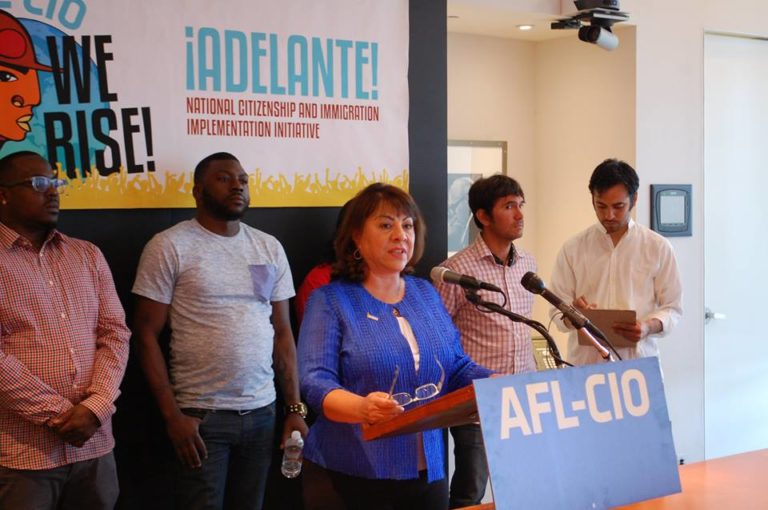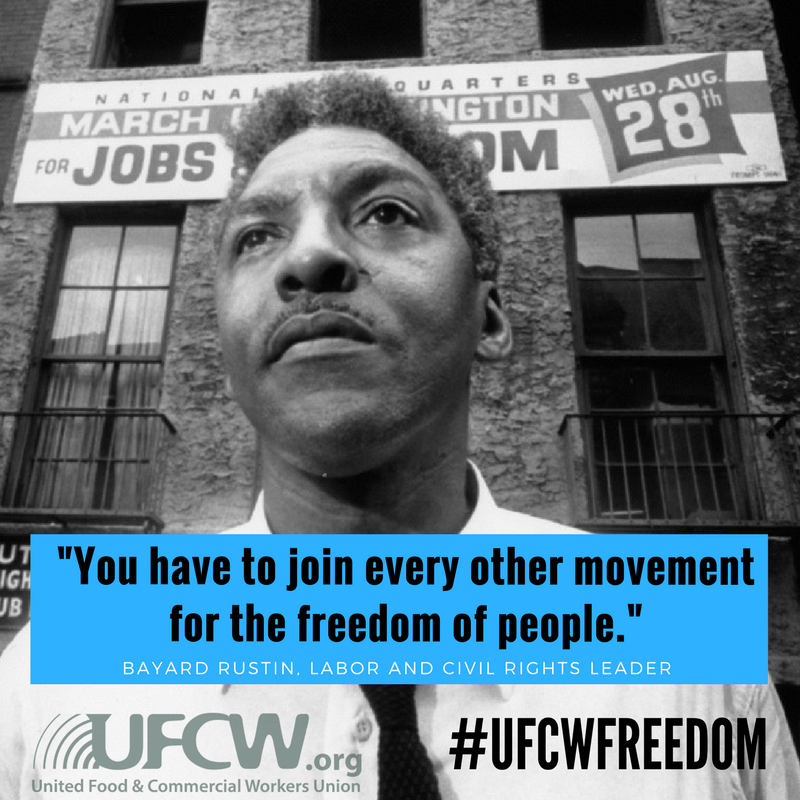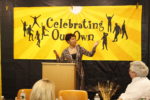
One of the greatest moments of the Civil Rights era was the March on Washington in 1963–one of the largest non-violent protests to ever occur in America. The March on Washington brought thousands of people of all races together, in the name of equal rights for everyone–whether they were black or white, rich or poor, Muslim or Christian. Dr. Marin Luther King, Jr. made one of his most inspiring and famous speeches at the march, which culminated on the National mall.
But history has often overlooked the man who was the driving force behind this monumental event–a man named Bayard Rustin. Rustin was the one who organized the march, bringing methods used by Gandhi as well as the Quaker religion to Washington to ensure peace, but also impact. It was Rustin who helped shape Dr. King into the iconic symbol of peace he is remembered as.

As a young adult, Rustin worked with many kinds of people who influenced his activism, including ministers and labor organizers. During World War II, Rustin fought against racial discrimination in war-related hiring, and was later jailed for two years after refusing to enter the draft. Then, after protesting segregated transit systems, he was sentenced to work on a chain gang for several weeks.
Despite being punished for his beliefs, Rustin continued to work towards changing things for the better. In 1953, Bayard Rustin arrived in Montgomery, Alabama to partake in the famous bus boycott that kicked off after Rosa Parks was arrested after refusing to give up her seat on the bus for a white man. The boycott brought many civil rights leaders to the area, including a young Dr. Martin Luther King, who had not yet embraced non-violence. But Rustin taught many who were partaking in the boycott how Gandhi had used peaceful tactics to bring change in India, and people saw the importance of these tactics, and began to embrace them, focusing on direct protest.
Rustin was also a champion of workers rights. In 1965, Rustin and his mentor A. Philip Randolph co-founded the A. Philip Randolph Institute, a labor organization for African-American trade union members. Much of his work emphasized that labor rights were an integral part of the civil rights movement.
Although Bayard Rustin was a tireless activist, his life achievements are unknown to many, and he has even been called the “lost prophet” of the civil rights movement. This is largely because not only was Rustin silenced and threatened like many others were for being a black man speaking out for equal rights, but also because he was openly gay in a time when homophobia and bigotry was rampant. Rustin continued his life as an openly gay man, even after being incarcerated for it, and is seen as a champion of the LGBT movement still today. Despite being beaten, arrested, jailed, and fired from various leadership positions, Rustin overcame and made a huge impact on the civil and economic rights movements.
America has a long way to go before Rustin’s dreams of equal human rights for all are achieved, but without him, we perhaps would not be where we are today. Today, we have a black president, more women in leadership positions, and more of legislation in the states overturning old and outdated laws barring gay couples from marrying. These are just a few examples of the progress our country has made since Rustin’s time, and working people will continue to work so that ALL people have equal rights–at work and at home.

